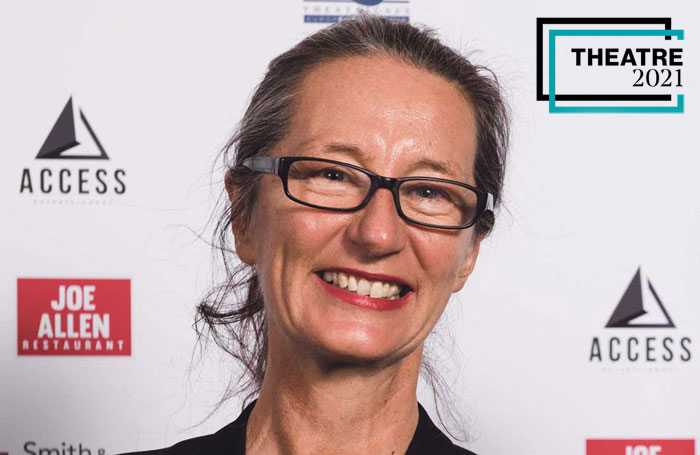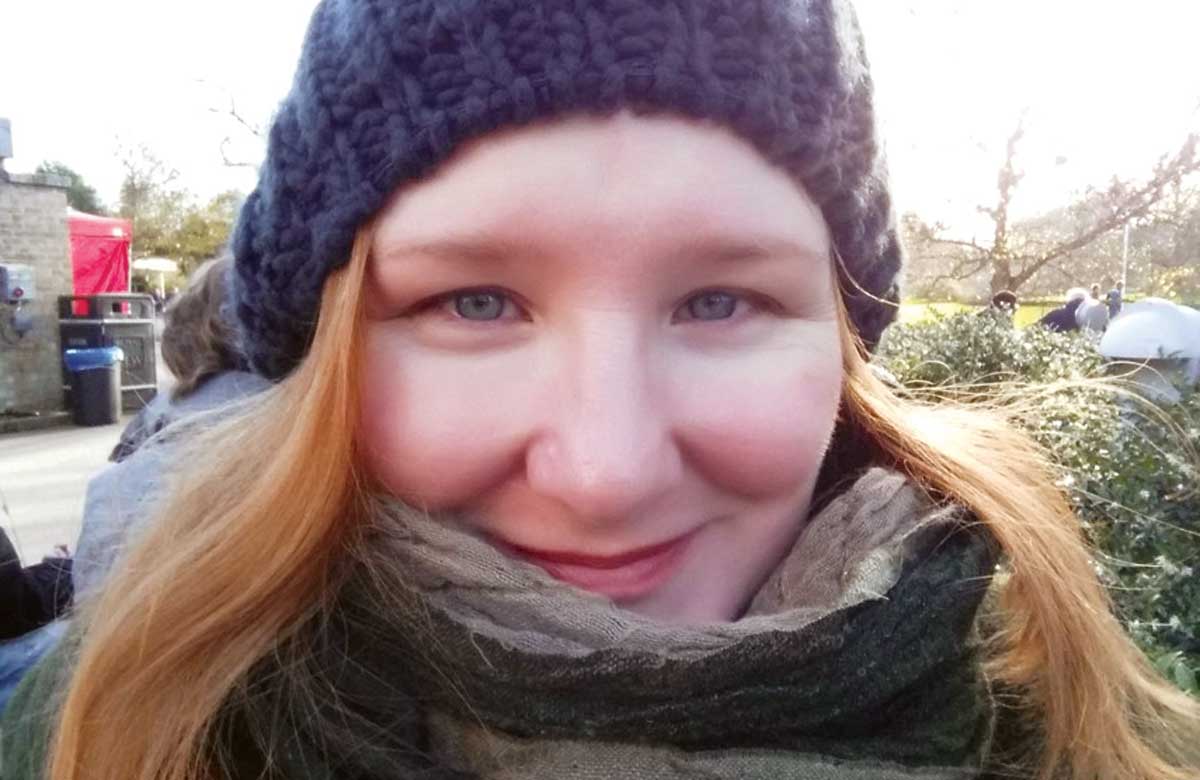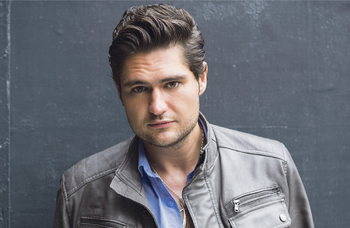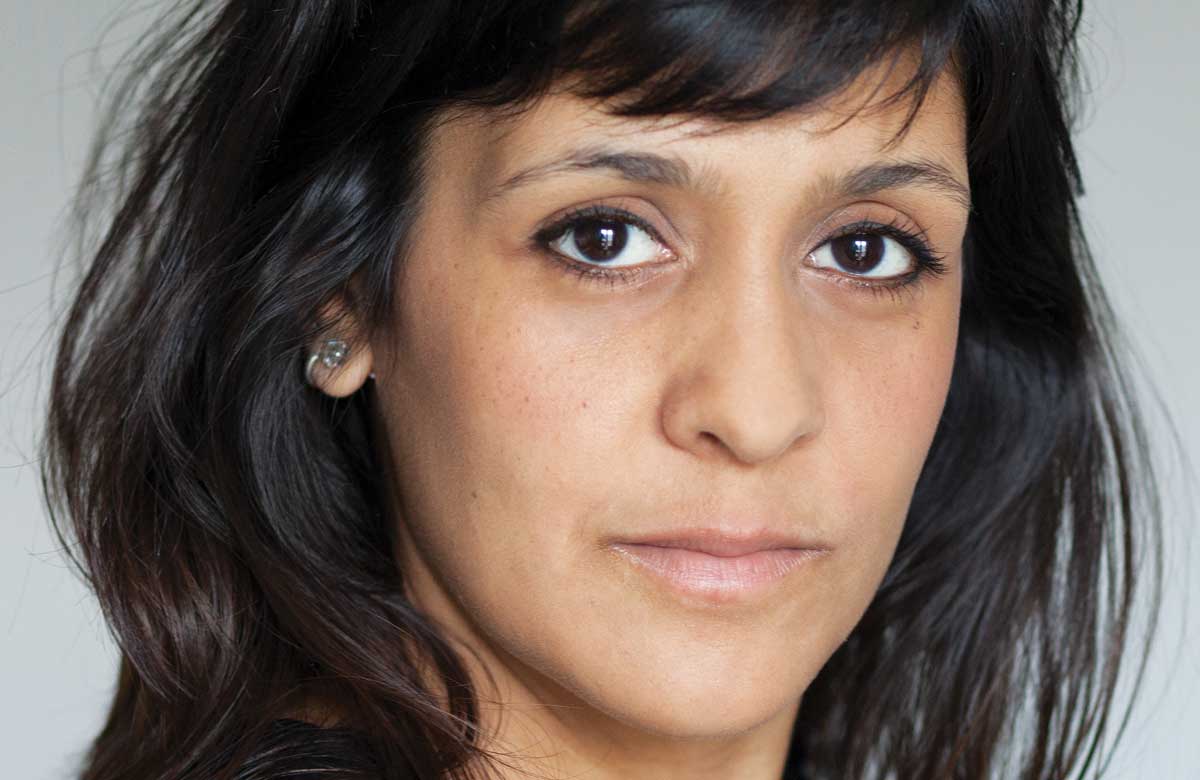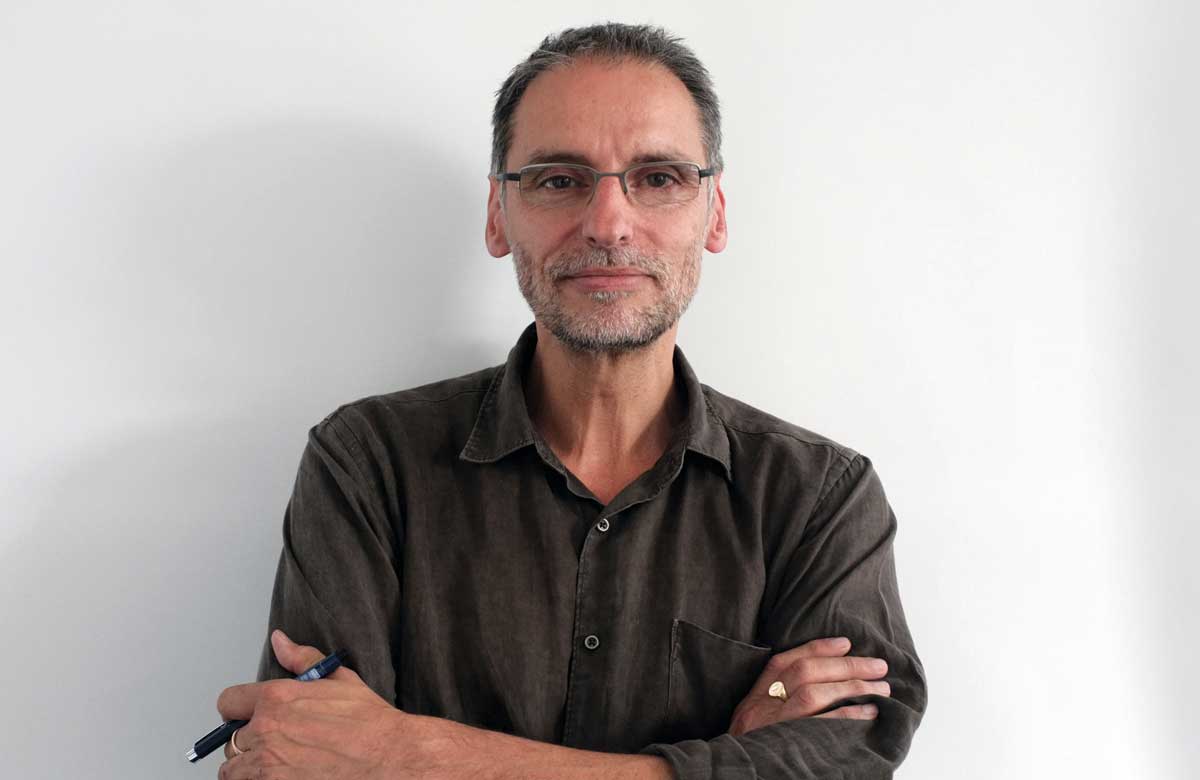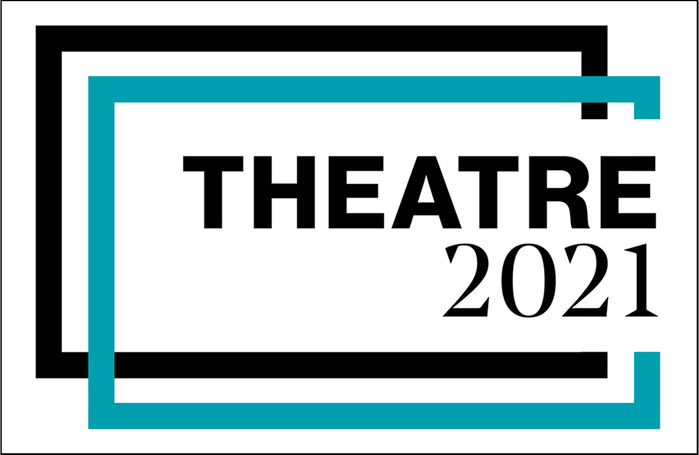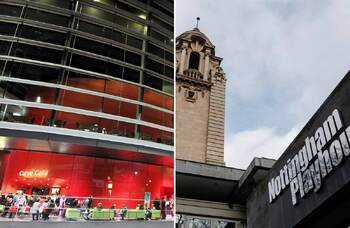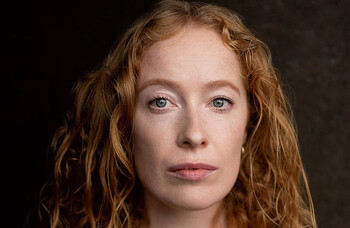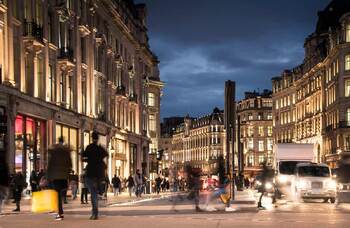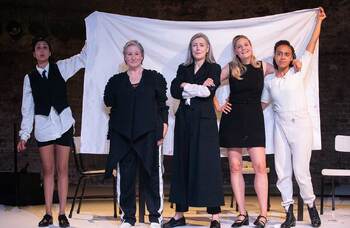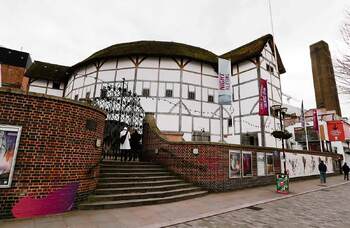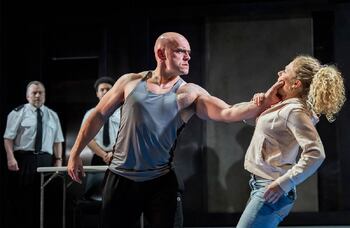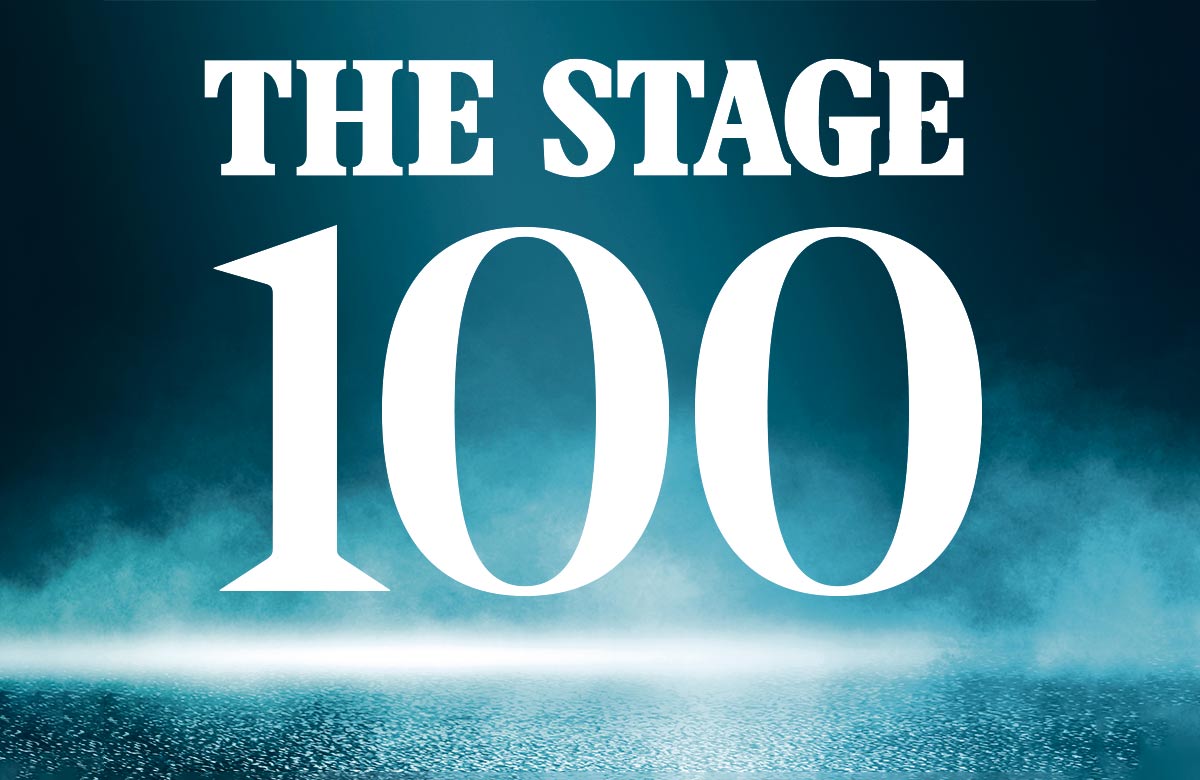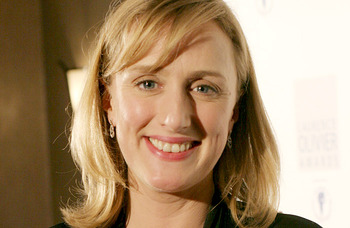Theatre 2021: Paule Constable on… making work sustainable
‘We cannot go back to the world as it was before’
In the immediate silence that came after the lockdown, there was a strange sense of calm. The doom and gloom of the financial situation hadn’t landed yet – we had a moment to step off the treadmill of our working lives and think. It has led to a unique opportunity to reimagine our future.
Working in theatre, we have all been on a roller coaster. So busy screaming that we want to go faster, that we have taken our collective eyes off the true value of what we do and the true cost of how we do it.
But really, we were just surviving. Always trying to reach, to attain the next big thing. Always having to give more – more lights, more effects, more stuff, more time, more resources. We believed that both audiences and producers wanted more, more, more and we duly kept pushing our theatres and, importantly, ourselves to deliver.
So, as we take this breath, we should take a moment to look honestly at the way were living before and think about what it was really like. In every area of theatre: grassroots, community, small scale and large – subsidised and commercial – we were all run ragged.
Juggling too many projects, on too little money and too little time. Spread too thin, constantly trying to please too many people, constantly having to deliver. It was a precarious and unsustainable existence in which we were constantly in ‘fight or flight’ mode.
And many of us, myself included, were addicted to this way of living. How often did I reply to emails apologising about how long it took – “I’m really busy” being worn like a badge of honour. Being busy defined us, constantly making us look to the next challenge, and the next and the next.
This way of thinking – this modern way of being – was and is unsustainable. There’s no question that sustaining the planet is a desperate and vital need, but working in theatre we have to understand that we too are part of this delicate ecosystem.
Sustainability is not purely about energy – nor purely about money – it also has to encompass care for each other. It encompasses our own mental and physical well-being. It is about having a voice, about fairness and equality, about feeling welcome and safe and represented and about a quality of life.
Sadly, the sustainability conversation in theatre has often concentrated around two topics. The first was the idea of stuff: basically, do what you’re doing now but do it with less. The second was the idea of energy: use less power and water.
But these two areas of specific concern can feel frustratingly disempowering to the freelance theatremakers who are in the act of making. How do you make a difference when so little seems to be within your power to change? And what can we change in our own practice that can alter the picture?
We – as ever – want to take the problem on ourselves and find a way to solve it, but that is yet another unsustainable stress to add to the ever-expanding list.
A financially and morally ‘sustainable’ vision for the theatre of the future must first understand an integrated definition of resource – in which environmental considerations are inseparable from financial spending, human resources, reputation and wider social responsibility. We cannot continue to draw on finite reserves, financial or human: we simply cannot assume business as usual. Bigger, louder, faster – physical representations of excess – we have to stop aspiring to give the beast ever more.
Let’s move away from a world in which scale and spectacle are our predominant values
In this enforced hiatus we have an opportunity to go beyond the endless debate about coffee cups and water bottles, so the whole theatre community is freed up to engage with creatively redefining what theatre can do and how we do it.
Can we look at the hours we work, ensuring that we acknowledge the value of time spent away from work as well as time and space for thinking? What would the world look like if every job was a job share? Could that alter the sense of ownership and control and liberate us from holding all the responsibility?
Let’s experiment with the idea of not working on Saturdays (crazy, I know). Would sharing roles release us from the tyranny of believing that we have to give everything we have got and then more? Might it allow a theatre community that included people with family, people with caring responsibilities and those who find 14-hour days physically impossible? Could we have a life, a family, hobbies – things outside of the theatre? Might we sustain a quality of life alongside our love for making theatre?
Alongside the question of how we work – the hours, the overwhelming responsibilities, the loneliness and the dark fears we are all constantly managing – what might the actual productions look like? Could we start to value intimacy over spectacle, to make work that welcomes people in, where we share creative ownership rather than creative control.
First, we need to universally agree that we shouldn’t go back to the world as it was before. As a sector we were – to a large extent – ignoring the gravity of the climate crisis. We have to stop. Our lives and our work were becoming ever more unsustainable and the price was too great – both personally and globally. Let’s take a deep breath and reset.
And when we start to make work again, let’s make our own work sustainable. Let’s move away from a world in which scale and spectacle are our predominant values, creating such unhealthy pressure and competitiveness between artists as well as exhaustion and burnout. Sustaining our own health is as vital as sustaining the biosphere in which we exist.
In returning, let’s make one clear collective decision that can change everything we do: to choose to care. The journey isn’t a clear one but all of us – freelance, salaried, backstage, on stage and front of house – are part of this delicate and precious theatrical ecosystem and can encourage change to happen.
Don’t accept being silenced. Step into the creative and freeing space that is choosing to care, choosing to take responsibility for our actions, choosing to question and to be willing to give up and give space.
We all have a voice in this – we just have to find it, both in ourselves and by advocating for the voices that are all too often not heard. It may well be liberating. And it will certainly make the future we create together a much better one.
Theatre is in dire straits, and still in urgent need of support. Whatever happens in the coming months, when theatre re-emerges from this disastrous pandemic, it will look very different. It's time to think about what happens next. In June, The Stage first asked people working across our sector to write about an issue that can be improved upon when theatre returns. The pieces commissioned were published in a ‘Theatre 2021’ special series. There are many more topics to cover, and many more ideas to share so we continue to commission Theatre 2021 pieces. This is the first step in saying that despite this terrible crisis, theatre in 2021 can re-emerge, and in many ways can be better than before.
Opinion
Recommended for you
Opinion
Recommended for you
Most Read
Across The Stage this weekYour subscription helps ensure our journalism can continue
Invest in The Stage today with a subscription starting at just £7.99
